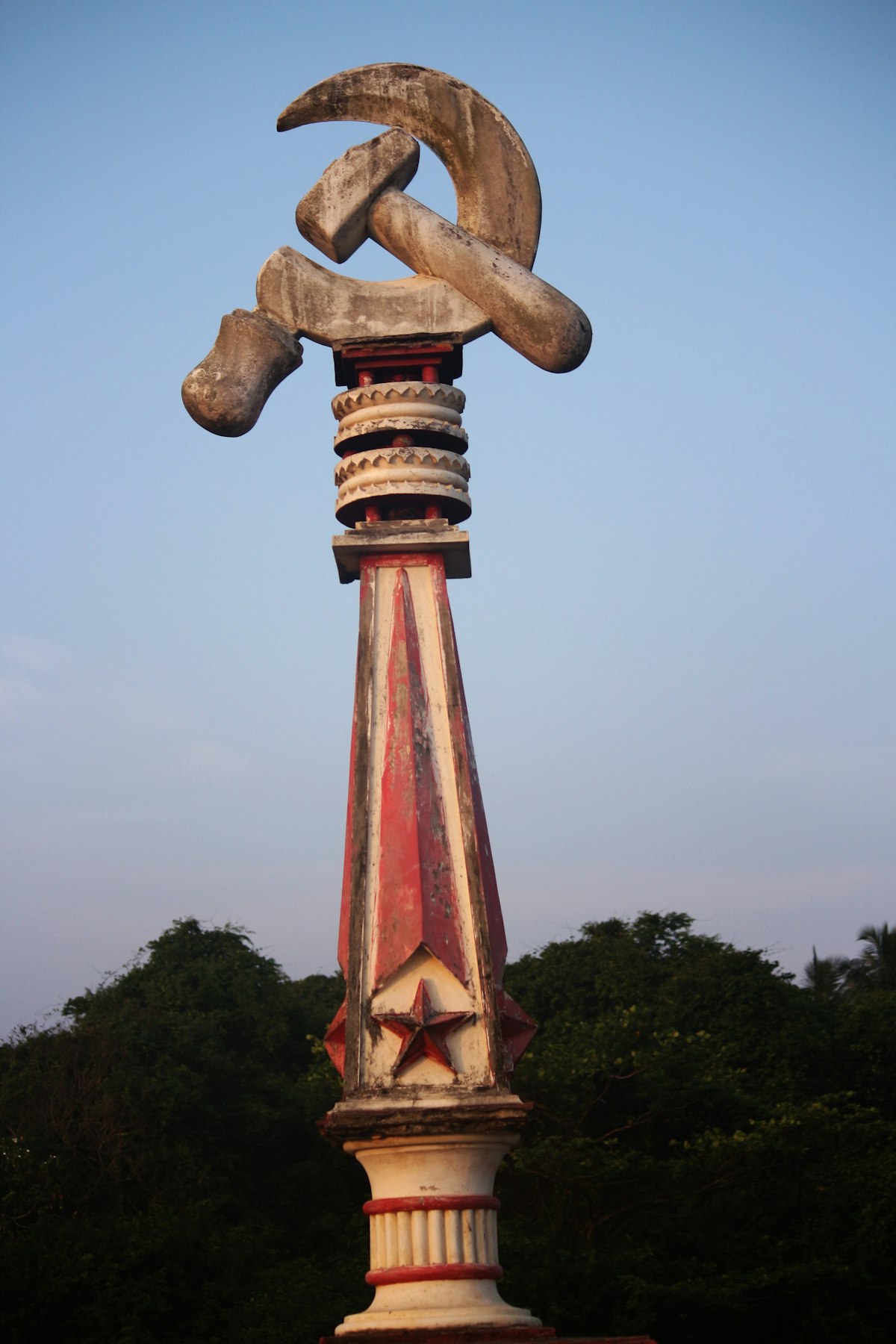It was Church versus Socialism in Roy’s Mexico
The Constitution of the short-lived Spanish Republic for the first time enfranchised the women in a European Catholic country. They promptly exercised their democratic right by voting for the restoration of the monarchy.

Religion and politics are two inalienable elements of one's daily life. More often than not, these two distinct streams merge, often with disastrous results, as has become common today. When Manabendra Nath Roy was raising the banner of Socialism in Mexico, it was not a politically-opponent ideology that posed hurdles in his path; it was religion.
Now, a few readers have raised issues about the flow of stories. How can these be smoothly flowing? Why is there no drama, or intense action? Why are the other historically important characters not touched upon? Well, this is the story of a man who was a product of his times. My attempt has been to isolate him from the great events that he was part of, or he influenced. While doing so, the side stories on Bagha Jatin, Aurobindo Ghosh and hundreds of such luminaries, who had paved the path for our independence, had to be pruned; not out of malice, but design so that MN Roy's tale is not diluted.
The Church versus Socialists
Now, while Roy was leading a socialist movement in Mexico, he had to deal with the influence of the Catholic Church. Anti-clericalism had been a major political issue since the 1860s, but the Catholic Church remained a formidable power, having a say in the domestic life of practically the entire population. Roy in his memoir says that the wives of firebrand social revolutionaries were all devout Christians. They attended church service regularly, and went to the confessional. Sermons from pulpit might be disregarded in practice, but whatever the priests whispered from the confession box was the deadly voice of a wrathful God; the penitent sinner must obey even if she was to pester the domestic life of her husband and discredit him publicly by insisting upon superstitious practices. The coercive religious institution is known to have always been used by the priesthood for political purposes, Roy in his memoirs claims.
Universal Suffrage
The Carranza Constitution had introduced universal suffrage but fortunately, no general election had as yet taken place under it. Fortunately, because, given the influence of the church on women, the latter’s vote might have overthrown the liberal Constitution which had enfranchised them. The Constitution of the short-lived Spanish Republic for the first time enfranchised the women in a European Catholic country. They promptly exercised their democratic right by voting for the restoration of the monarchy. Not used to making political judgments, the freshly enfranchised women of Spain could not have voted so unless it was done under priestly injunction whispered from the confessional throughout the country, claims Roy in his memoir.
Church's influence in daily life
Even at the time of Carranza, when the Church enjoyed only a quasi-legal position, it was a standing menace to the yet unstable democratic order. Operating through the confessional, the priesthood incited the women against their husbands who were known to be hostile to the Church, claims Roy, adding that the leading members of the Socialist Party were all placed on the black list. None of them even conformed to the hypocritical practices of drawing-room revolutionaries aspiring for social respect- ability. However, mostly working men themselves, their wives were ignorant and illiterate. As such, they were saturated with religious prejudices, prone to plague the menfolk under priestly instigation.
Even as the ground reality was becoming dangerous for the expansion of the Socialist movement, the scene underwent another dramatic change with the arrival of a Russian. This apparition set the stage on fire as the socialist fraternity was waiting with bated breath to see a Communist in flesh for the first time. Till now they had only heard the tales of the great churning in Russia. This stranger, however, wanted to meet Roy. The question was why, and the answer to which lies in the next part.
This post borrows heavily from M N Roy's Memoirs.




